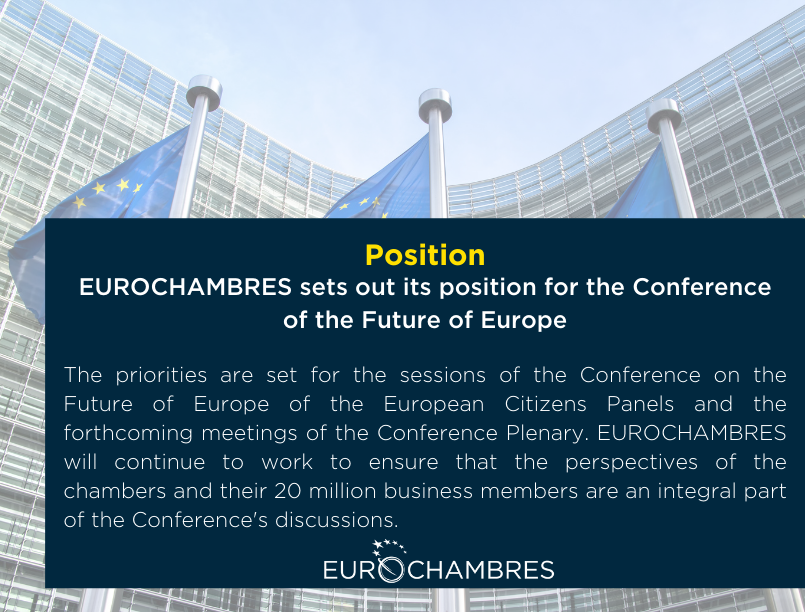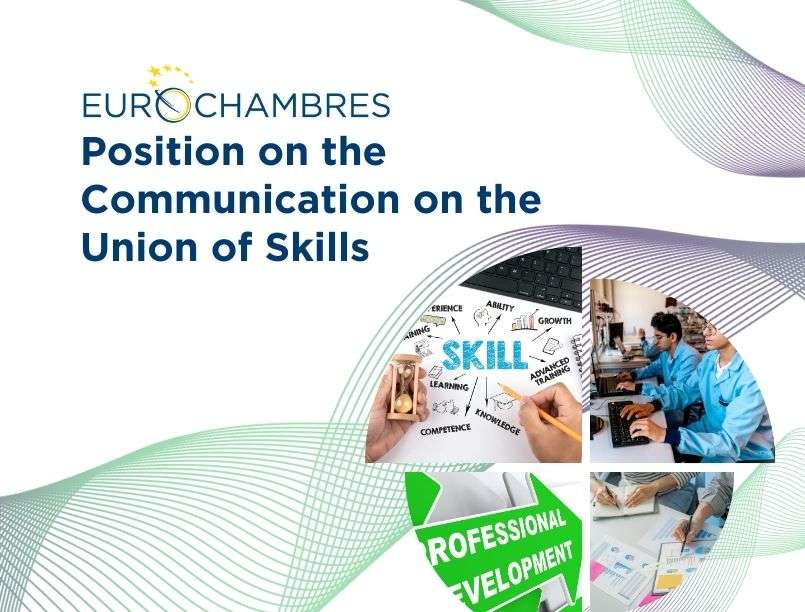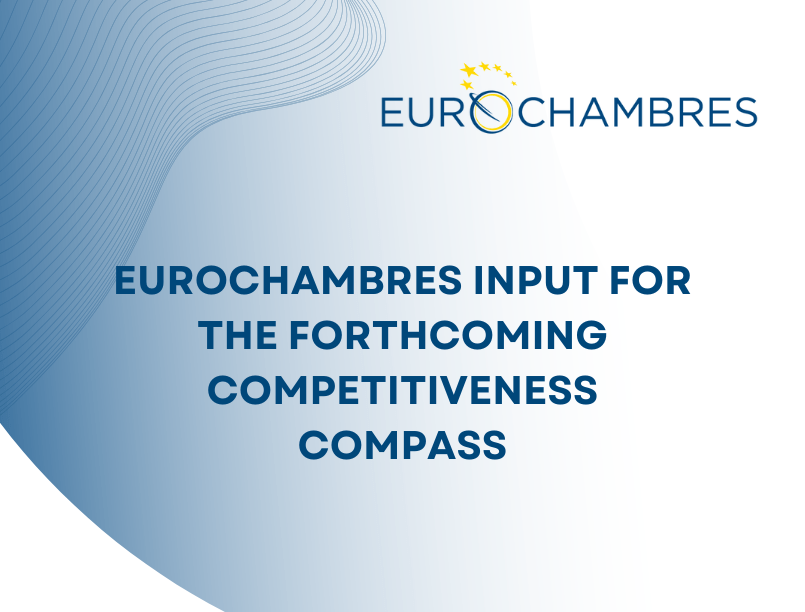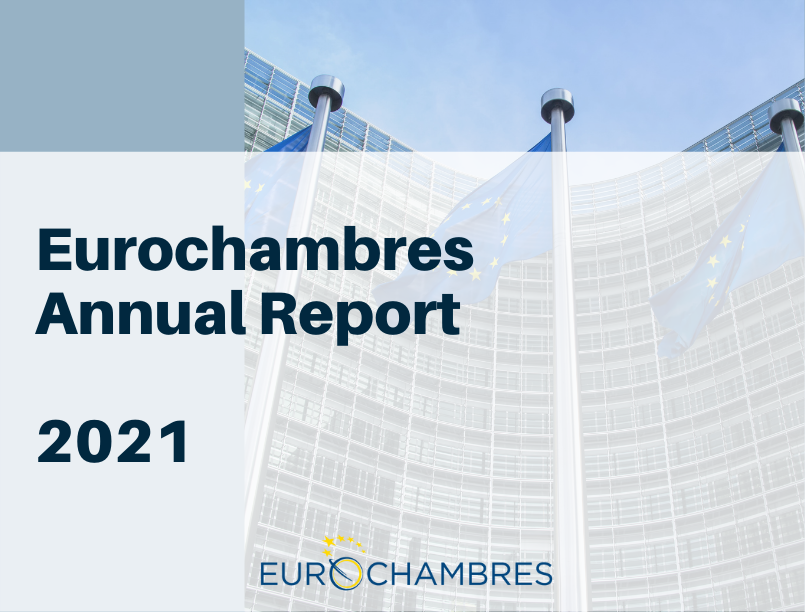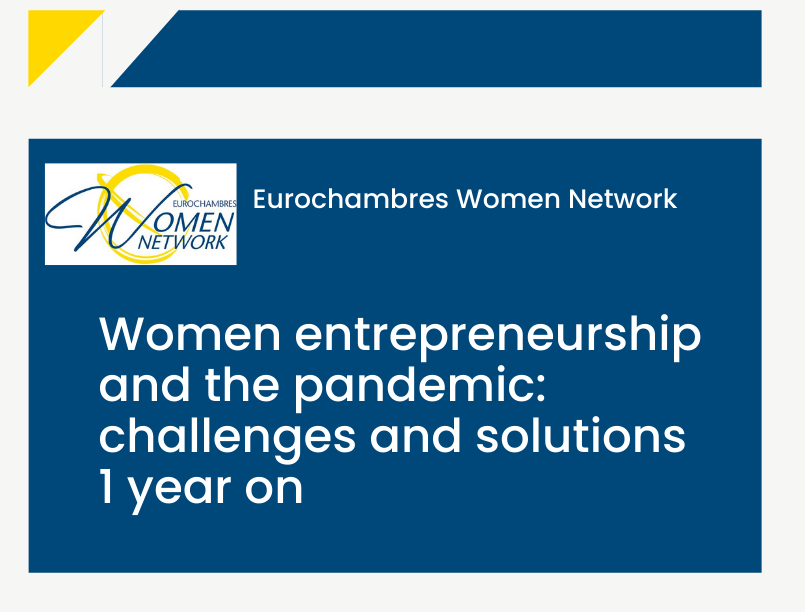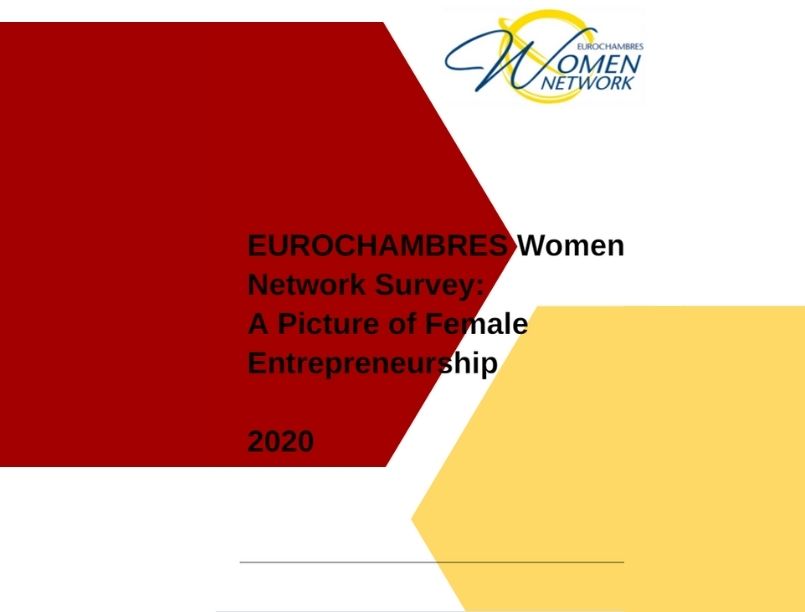Skills
Human capital is one of Europe’s key competitive advantages. However, skills shortages and labour costs remain top concerns for businesses, hindering growth, innovation, and adaptation to technological and environmental changes.
Education and training policies must be developed in close collaboration with the business community, with chambers acting as essential bridges between education providers and employers.
Eurochambres actively shapes and promotes vocational education and training (VET) as the cornerstone of a resilient workforce. Eurochambres urges EU policymakers to invest in skills development and promotes improving the use and coordination of skills intelligence and forecasting to better align education and training with labour market needs.
Eurochambres recognises the importance of legal migration and the improved recognition of skills and qualifications to address labour shortages, alongside greater mobility for apprentices and skilled workers.
Eurochambres advocates for embedding entrepreneurial, green, and digital skills into education. Chambers can help design and deliver programmes that meet business needs and support Europe’s economic resilience. In a typical year, over 2.5 million people receive training from Chambers.

- Martha Schultz – Chair
- Larisa Panait – Policy Advisor
- Related Documents
- Related Projects
- Related Videos

Skills Priorities for the 2024-2029 EU term

Exploring the intersection of business and digitalisation
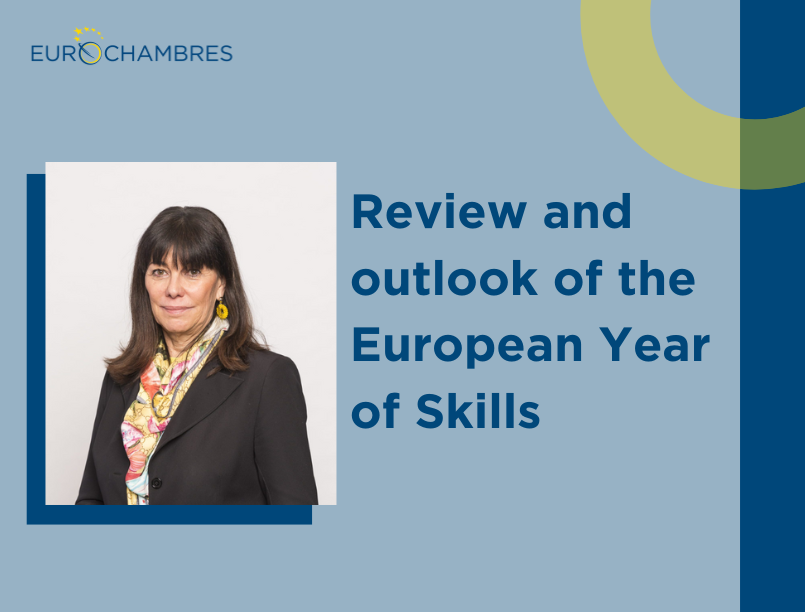
Shaping the future: review and outlook on the European Year of Skills

Flexible digital training for everyone: – European Year of Skills interview series with Melina Schneider from the Austrian Federal Economic Chamber - Skills interview series

State of the Union 2023: business competitiveness and tackling regulatory burdens must be priorities

Learning processes and the challenge of AI: perspectives from the Luxembourg CCI
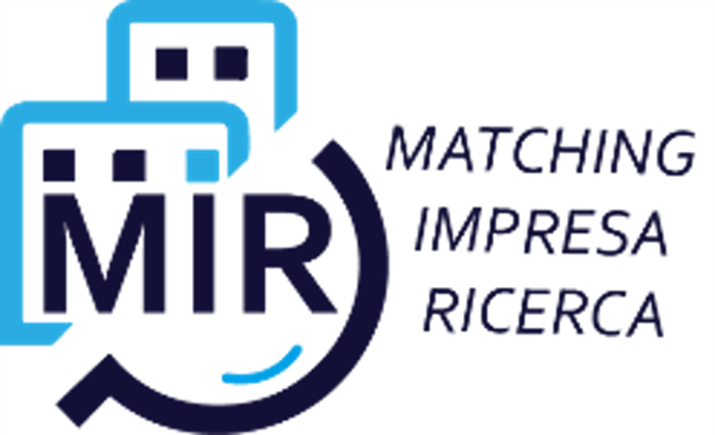
Building synergies between businesses and research – skills interview series

Eurochambres position on Learning Mobility

Eurochambres messages to the 29-30 June 2023 European Council
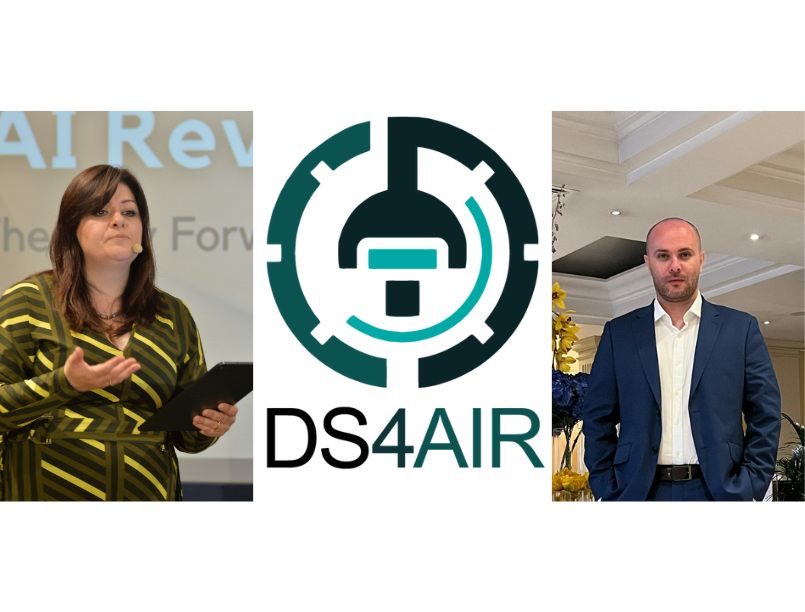
Preparing for the artificial intelligence revolution - Skills interview series
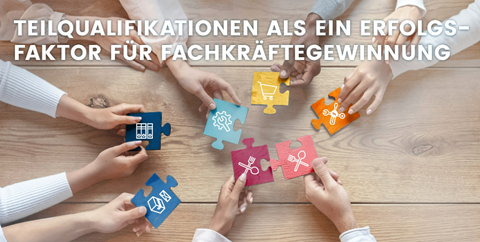
Developing skills for EU Competitiveness: partial qualifications in Germany – Skills interview series

Women entrepreneurs driving the twin transition

Eurochambres Women Network Survey 2023: A Picture of Female Entrepreneurship
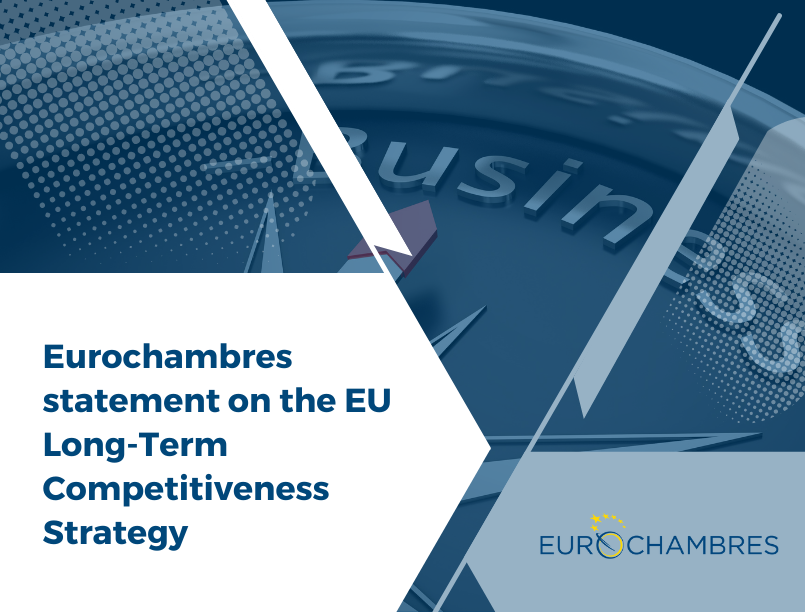
Eurochambres statement on the EU long-term Competitiveness Strategy

Eurochambres position on the Green Deal Industrial Plan: putting Europe’s net-zero industry in the lead
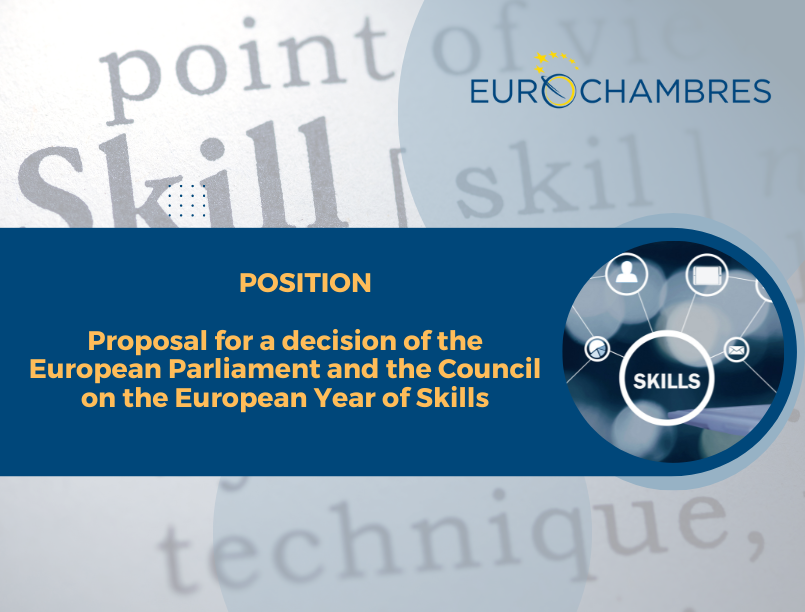
Eurochambres position on the proposal for a decision of the European Parliament and the Council on the European Year of Skills

Eurochambres flash survey: Green skills in the eyes of European businesses

Interview with Eurochambres Skills Committee Chair, Martha Schultz
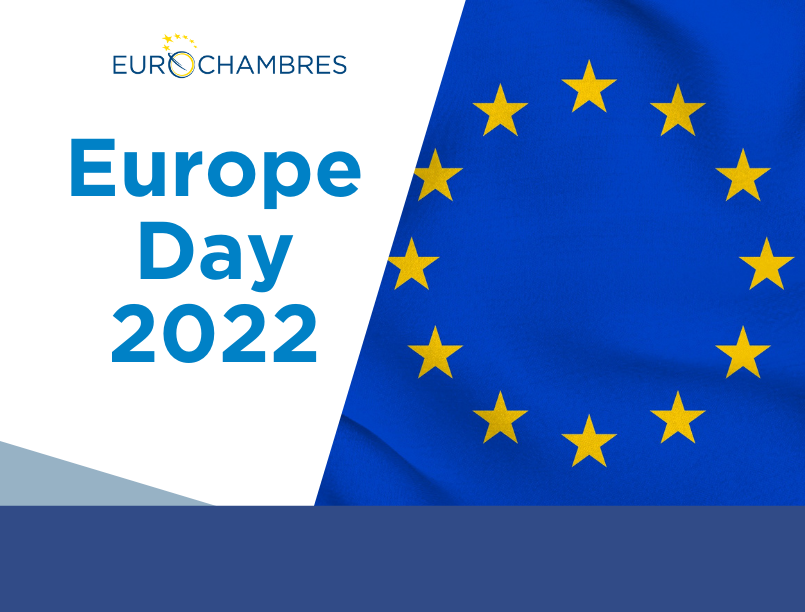
Europe Day 2022: take inspiration from the past to solve today’s challenges
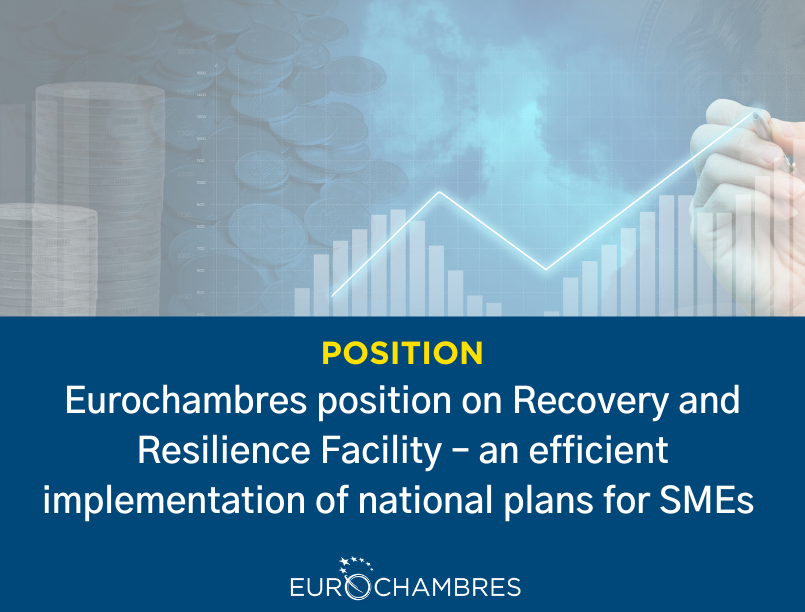
Eurochambres position on Recovery and Resilience Facility – an efficient implementation of national plans for SMEs
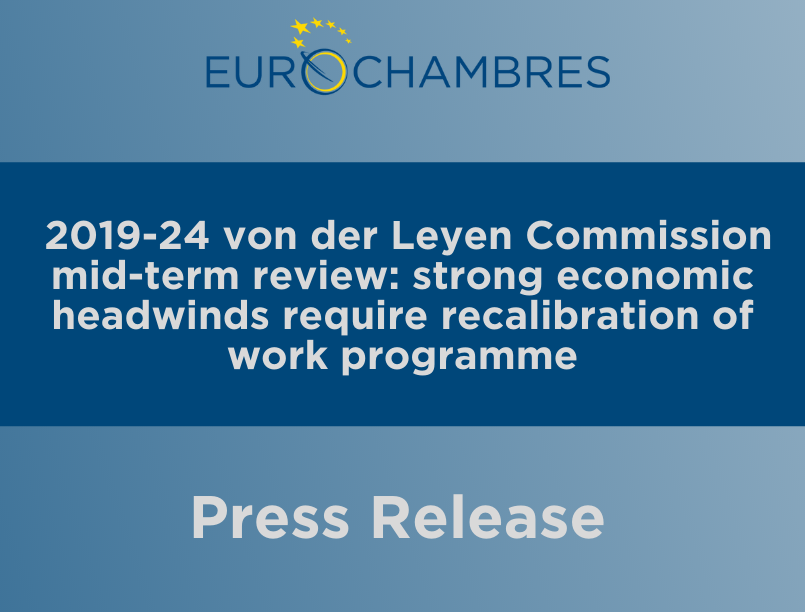
2019-24 von der Leyen Commission mid-term review: strong economic headwinds require recalibration of work programme

Eurochambres positon on 2019-2024 von der Leyen Commission mid-term assessment
2022 a year to make businesses more resilient and fit for the future
